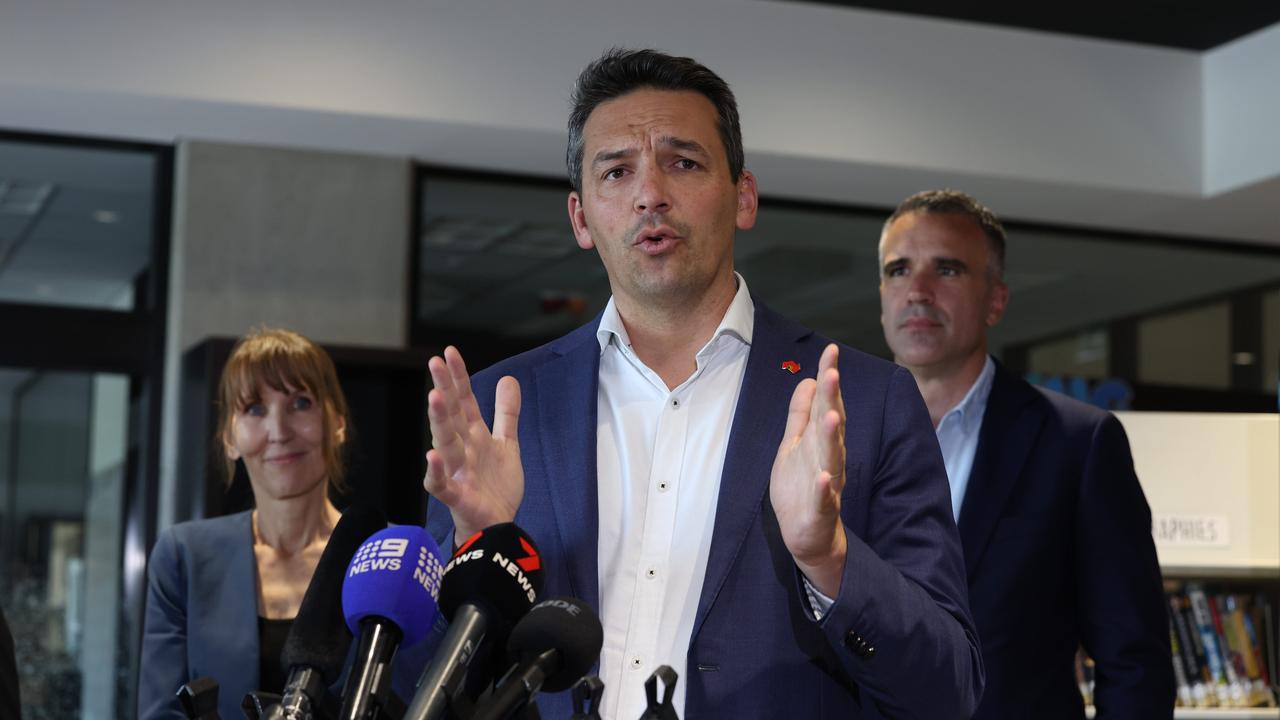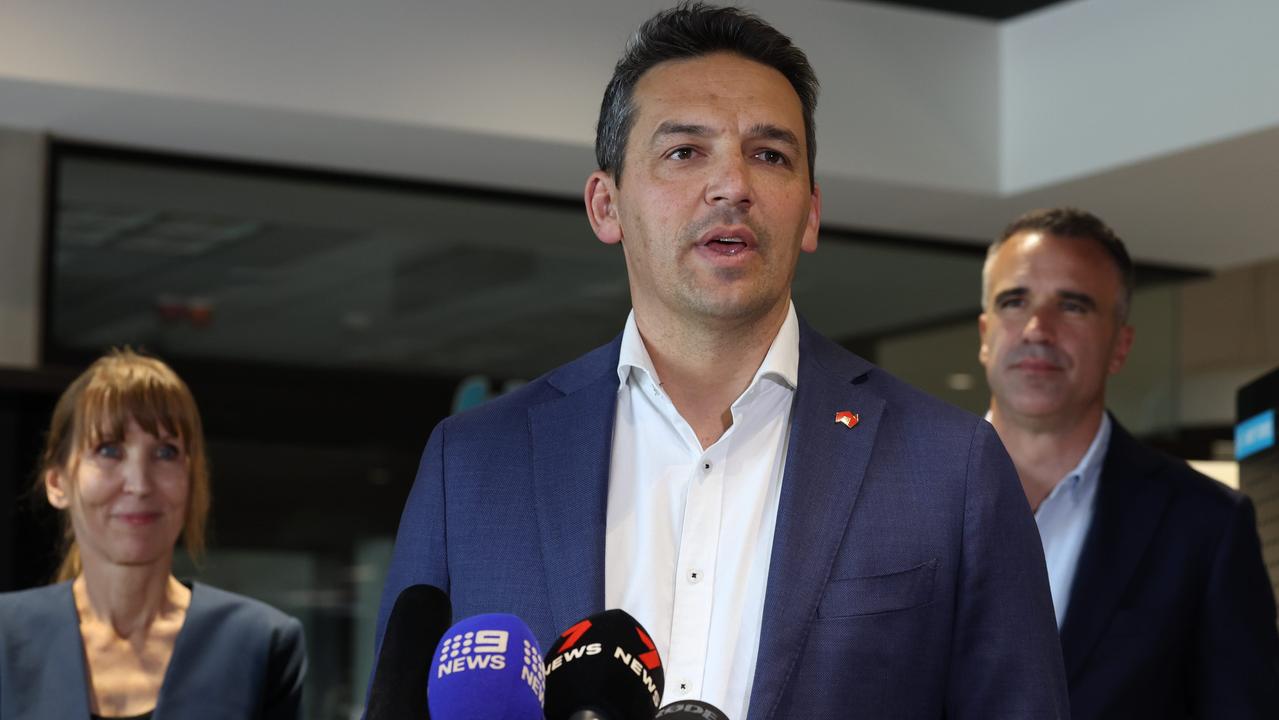Study on the ‘invisible’ emotional labour experienced by principals aims to bring positive change
Australian public school principals have opened up about the difficult and confronting incidents that keep them awake in a bid to bring positive changes to the role.
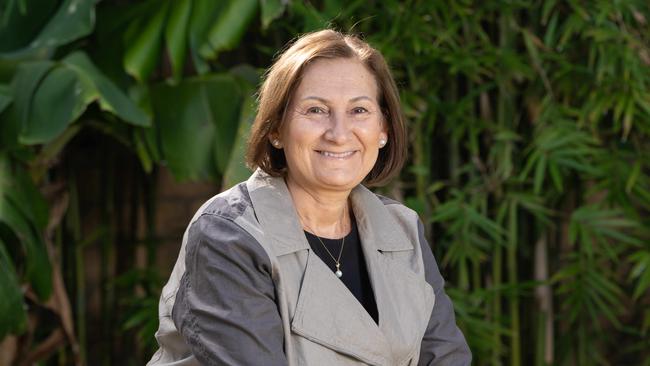
Education
Don't miss out on the headlines from Education. Followed categories will be added to My News.
Australian public school principals have shared their most confronting and disturbing moments on the job, aiming to drive positive change in the sector.
From managing student crises to facing abusive parents, the candid stories are being collected by Monash University as part of a three-year national study of “invisible” emotional labour experienced by principals.
Each year, Australian school leaders take responsibility for almost three million lives in more than 9600 schools nationwide, according to the annual Australian Principals Occupational Health, Safety and Wellbeing survey.
Recent findings revealed almost half of school leaders suffered mild anxiety last year, while almost 10 per cent experienced severe anxiety. It also found “offensive behaviour toward school leaders and teachers” had increased more than 75 per cent since 2011.
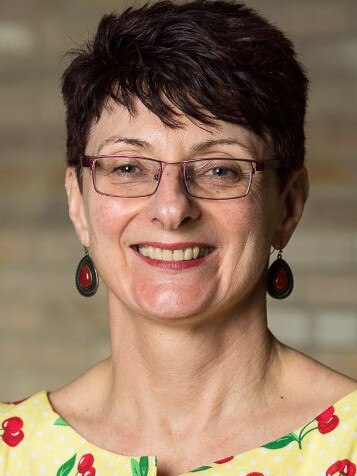
In the face of this mounting stress, burnout and overwhelming workloads, Monash University lead researcher Professor Jane Wilkinson said her team hoped to address principal recruitment and retention issues while offering real solutions.
“We’re asking principals to identify a critical incident they’ve experienced in their role and then to talk about what professional learnings came out of that, and also what was their personal experience was like,” Prof Wilkinson said.
“The reason we picked a critical incident is because it’s a time when there’s a heightened emotion but also because we wanted to give principals the opportunity for their voices to be heard and for their experiences to be documented in ways that will help to bring and raise public awareness about the kind of complex challenges they face in their role.”
The next phase of the study due for conclusion late 2024 will highlight schools excelling in managing emotional aspects of leadership to provide positive examples while seeking input from leading education organisations.
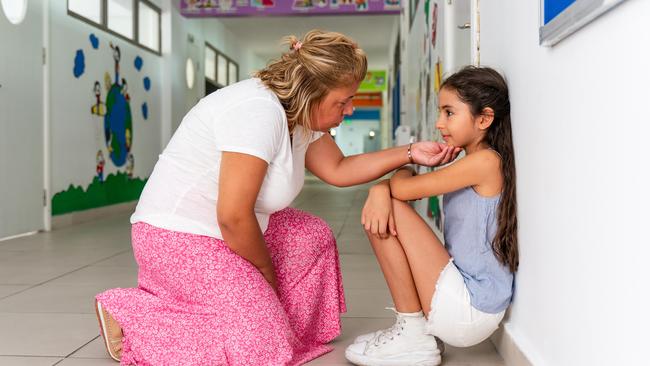
Australian Secondary Principals Association principal Andy Mison said the Monash study was “important and timely” given the increasing pressures on school leaders.
“Principals are responsible for the safety, wellbeing and learning of some of our most vulnerable people, and they take that very seriously,” Mr Mison said.
“[They] learn to understand and manage their own emotional responses, to be able to expertly triage complex problems and make good decisions to manage a school and ensure progress for learners.
“We need to respect, retain, and sustain our school leaders if we want happy, healthy schools for our kids.”
Retired principal Pitsa Binnion said her 40-year career in education was “amazing” and “a gift from heaven” but made it clear school leaders were facing pressures most in the community would be unaware of.
“Teaching is all about the connections and the people, it’s a career that gives you a strong sense of purpose [and] I loved my career in education,” Ms Binnion said.
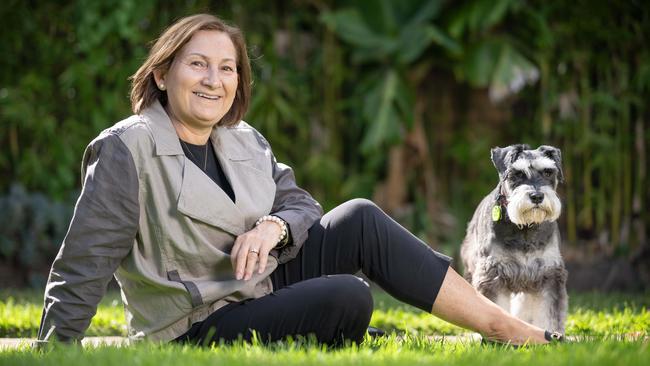
“In my 15 years [as a principal], there was definitely an escalation of terrible societal issues – there’s domestic violence, you’ve got incredible financial difficulties with families, the demands of outcomes by the department who are really under pressure to make sure that every school improves,” she said.
“Towards the end of my 15 years, I would always wake up at 3:33am and I would just be wide awake thinking about how I was going to deal with whatever the issue was.
“You lose sleep over it because your decisions and the way you manage situations actually matter.
“The thing that really took its toll on me over many years was that sometimes young people were in so much trouble, and you’ve got really vulnerable young people that you care for as part of your community.
“You need to make sure that you are there, that you’re available. It’s a 24/7 role.”
Ms Binnion said the Monash study was important because the increasing demands on principals meant less people were willing to apply for the job.
She hoped the research would determine better avenues of support, including help with staying physically and mentally healthy.
HOW REMOTE LEARNING IS CHANGING
When you hear of distance education, students using laptops on remote rural properties likely comes to mind but that’s not the case in 2024.
As principal of Finigan School of Distance Education, Daniel Rattigan said the landscape of remote learning was changing rapidly.
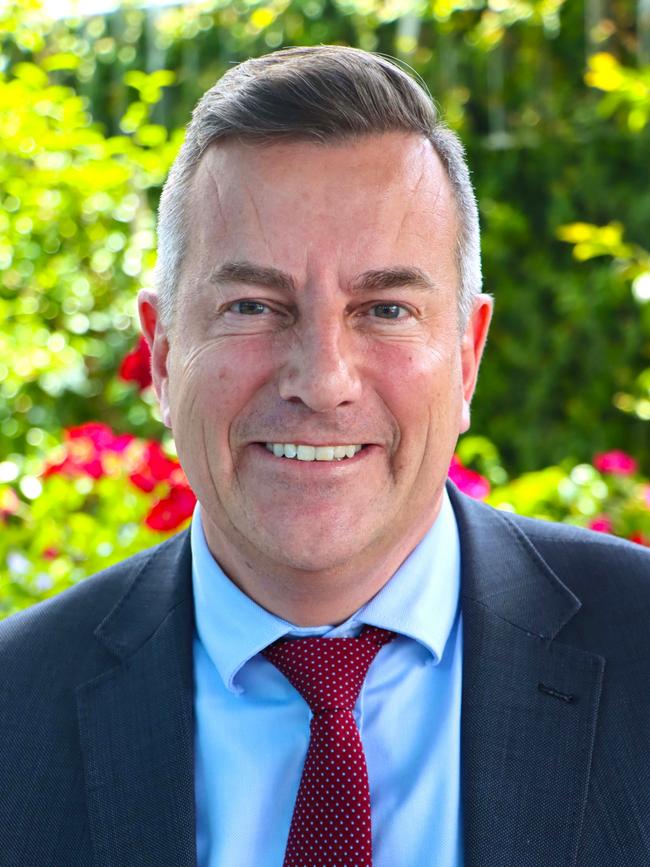
“It’s very different to the old correspondence model where in distance education you’re used to mainly kids on isolated properties,” he said.
“Now it’s quite a range of students; about a third of our full-time students are travelling either around Australia or overseas, and we have a lot of students from private and public schools accessing single courses through us as well.
“We get highly academic students, but we also have students who come through with circumstances going on in their lives that they might be struggling with and can’t attend a face-to-face school for a period of time.”
Founded six years ago, FSDE is a purpose-built institution tailored for K-12 distance learning, located in Crestwood, NSW. With state-of-the-art facilities, Mr Finnegan leads a dedicated team of more than 80 teachers who teach almost 400 students.
Mr Rattigan, who was chosen to attend Harvard University’s Graduate School of Education in the US last year on a Teachers Mutual Bank Principals Scholarship, said he worked with teachers to find innovative ways to build trusting relationships with students in an online space.
More Coverage
Originally published as Study on the ‘invisible’ emotional labour experienced by principals aims to bring positive change




